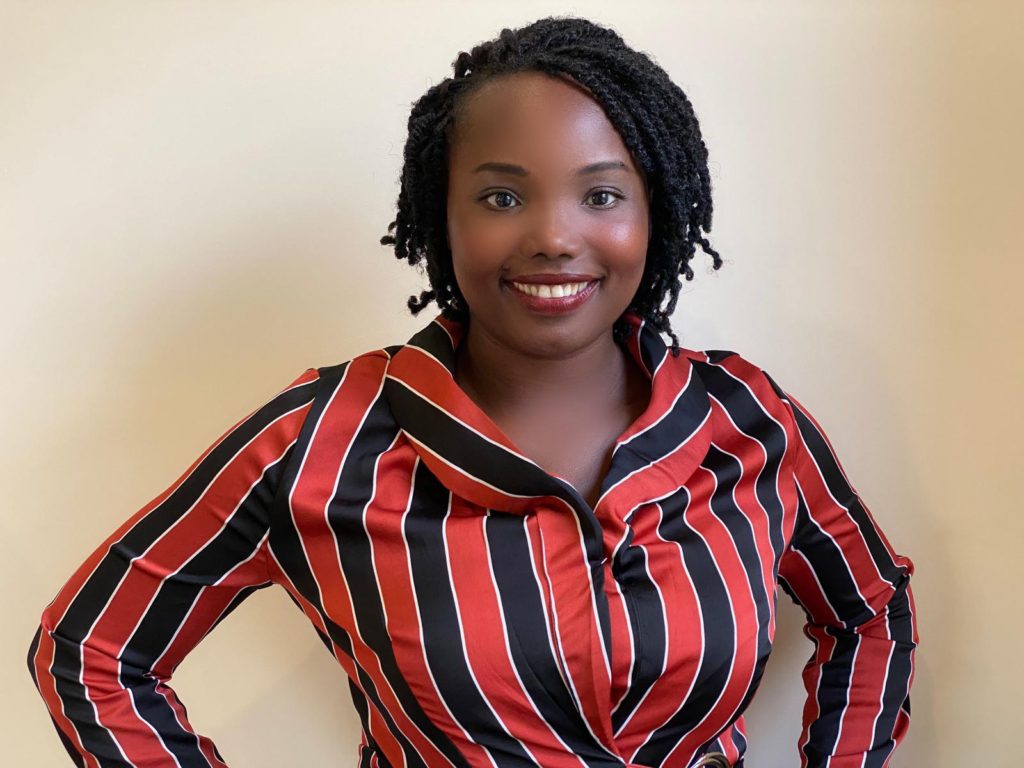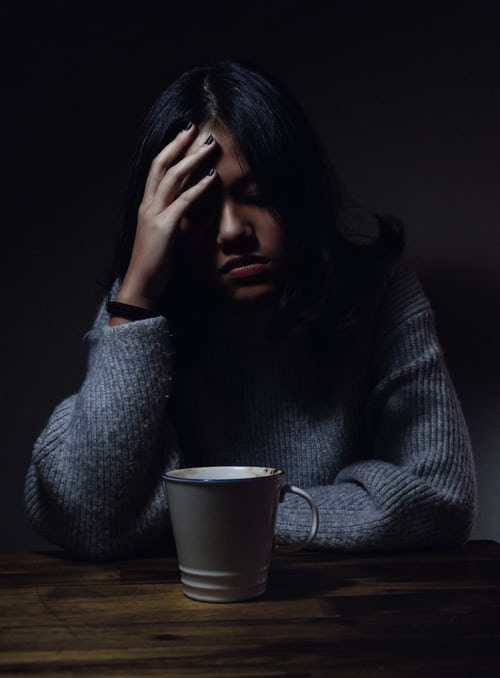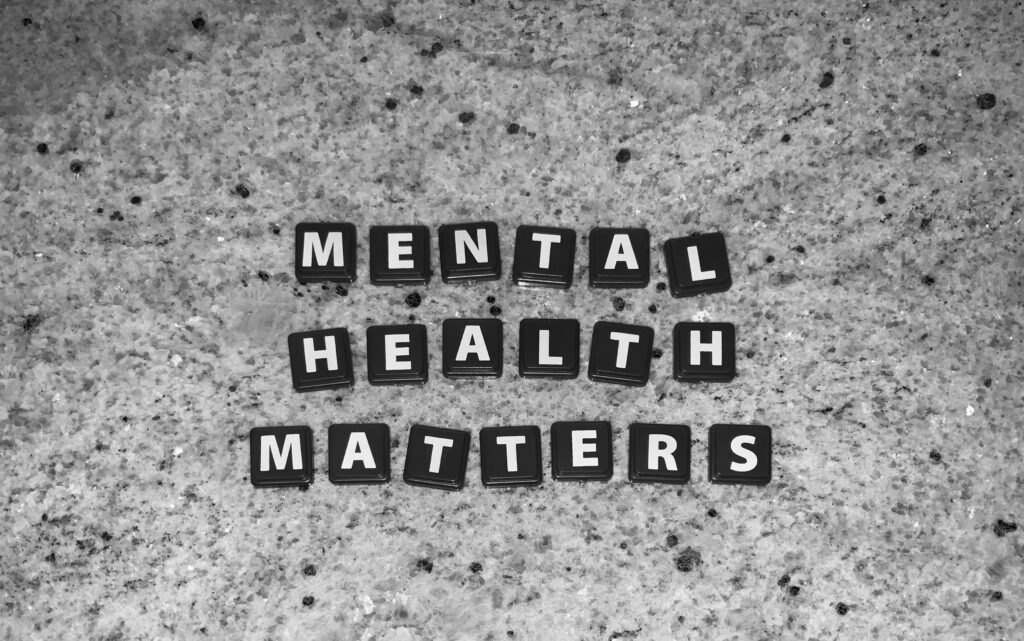In the UK, the housing crisis poses significant challenges for many, particularly for Black and minoritised women who are survivors of gender-based violence. This issue has been examined through the lens of the Women Against Homelessness and Abuse (WAHA) initiative, a project led by Latin American Women’s Aid (LAWA) in collaboration with the OYA consortium. Five years of research show a troubling link between poor housing and the health and well-being of survivors.
Written by Gabriela Quevedo and Daniela Londoño - Latin American Women’s Aid (LAWA)
Edited by Annamaria De Felice
Illustration by Dr. Verónica Posada Álvarez
The UK’s housing crisis has made it increasingly difficult for survivors to escape abusive situations. For Black and minoritised women, this struggle is compounded by intersecting disadvantages such as migration status, race, country of origin, socio-economic class, and limited English proficiency. The soaring costs in the private rental market often leave these women with few affordable options, pushing them into homelessness or forcing them to accept substandard living conditions.
While the financial side of housing is important, the quality of housing plays a vital role in survivors’ recovery process. A safe, high-quality home is not merely a roof but a necessary environment for recovery from trauma. The evidence gathered through WAHA indicates that poor housing conditions can lead to re-traumatisation and deterioration of survivors’ mental and physical health, making it even harder for them to rebuild their lives.
Inadequate housing not only fails to provide the safety and stability that survivors need, but it can also contribute to their trauma. Many women regret leaving their abuser, feeling as though they’ve escaped one painful situation only to find themselves in an even more fragile and uncertain one. While this feeling stems from a range of systemic barriers and injustices, including lack of answers, failure to provide interpreters and misconceptions about their rights, the physical conditions of their housing further exacerbate the situation. Leaks, mould, rat infestations, insufficient repairs, and the absence of basic facilities like a kitchen significantly impact the well-being of women and children.
The urgent need for quality housing that goes beyond mere affordability is illustrated by Rita’s and Amália’s stories.
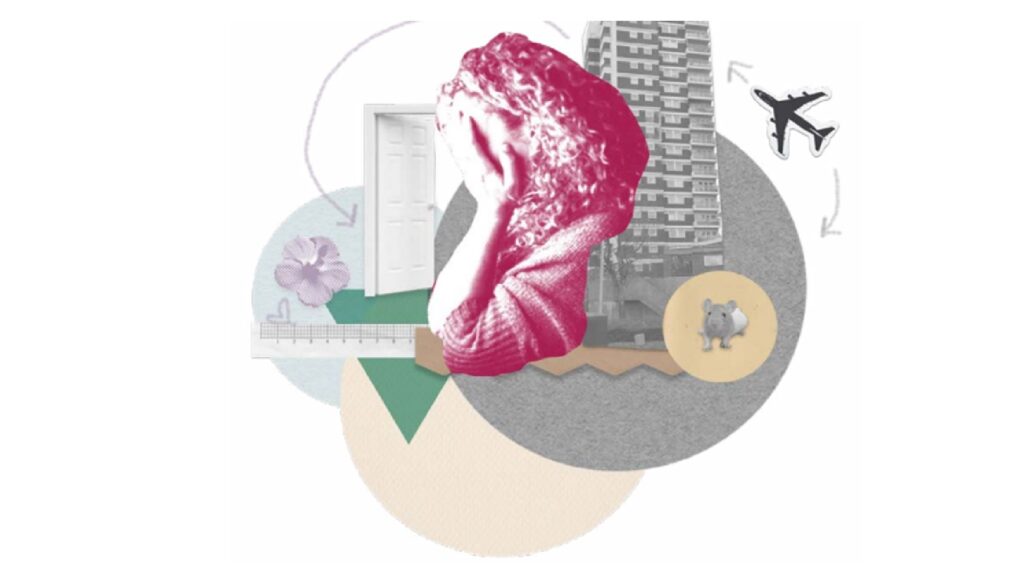
The Struggle for Safety: Rita’s and Amalia’s Stories
Rita, a 48-year-old Romanian mother, has faced a relentless cycle of abuse, first from her family and then from her husband. After enduring years of pain, she found the courage to separate from her husband, hoping to build a safer life for herself and her two young daughters. They were placed in temporary accommodation, a brief respite that soon turned precarious when her husband discovered their new address, vowing to “reunite his family.”
This revelation thrust Rita and her daughters back into danger, prompting swift action to relocate them to another shelter.
At first, their new accommodation felt like a sanctuary. But as days turned into weeks, the reality of their living conditions set in. The flat was plagued by leaks and mould, and cracks crept along the ceiling, turning what was meant to be a safe haven into a source of constant stress and anxiety. The dampness infiltrated their lives, leaving their clothes perpetually wet and their spirits dampened.
Rita, who suffers from chronic pain, faces additional challenges. The building’s lift frequently malfunctions, forcing her to navigate eight flights of stairs multiple times a day. The burden of climbing those stairs exacerbates her physical pain and emotional distress, reminding her of the precariousness of their situation. Last winter, a serious malfunction with the lift escalated into a crisis when the fire brigade had to be called. They discovered that Rita and her family were living in unsafe conditions and had to shut off the electricity for their safety.
The council has received numerous phone calls and emails as photographs, but nothing concrete has been done. The case is still pending a solution, and while this text is being written, the local council is expected to offer a medical assessment that could put the family back on the social housing register.
Rita, who suffers from chronic pain, faces additional challenges. The building’s lift frequently malfunctions, forcing her to navigate eight flights of stairs multiple times a day. The burden of climbing those stairs exacerbates her physical pain and emotional distress, reminding her of the precariousness of their situation.
Amália, a 56-year-old Brazilian woman, faced her own set of challenges after fleeing her abusive husband with her 11-year-old son, Pedro, who has special needs. Despite her determination to find a safe home, she encountered numerous obstacles.
After getting her visa unlinked from the abuser, she found herself with no access to public funds. They were then referred to social services under section 17 of the Children Act.
Amalia and Pedro had to sleep on the floor of a relative’s house while we were relentlessly trying to find suitable temporary accommodation for them. What the council could find, however, was far from suitable: it was a remote area where Pedro was not offered a school. This meant that Amalia and Pedro had to make four-hour journeys to and from the school where he could receive the necessary support for his development. The journey was particularly hard because Pedro has mobility problems and epileptic seizures. While Pedro was at school, Amalia wandered around the neighbourhood.
It took several meetings and four different social workers before Pedro was offered school transport. But that was only part of the problem. The house had stairs and a bathroom that posed a risk to both mother and son, who were injured on more than one occasion. Despite recognising that the house was unsuitable, the council did not respond to their appeals, including from Pedro’s school and the social worker who looked after him. Many attempts were made until the medical assessment was agreed and the family was authorised to start bidding on social housing.
After having her bid accepted, Amalia had to wait for two months without any information other than that the ‘landlord was adapting the property for the child.’ When she was told that they could move in, they had only two days’ notice. When they arrived at the new flat, they realised that the bathroom fittings were still pending. At the time of writing, two months after moving in, Amalia and her son are still at risk of accidents in a bathroom that disregards their safety.
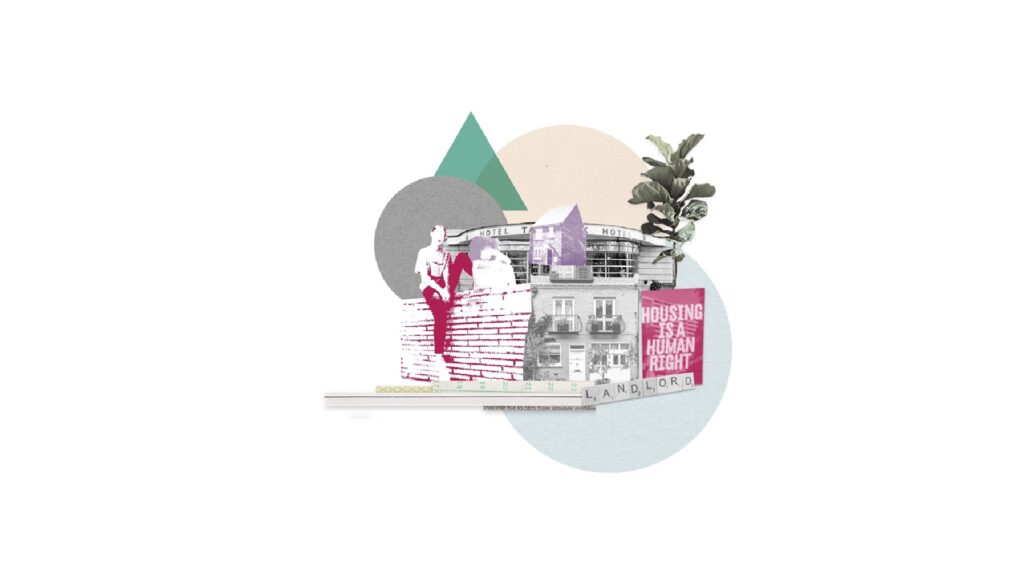
Effective action is needed to address both the affordability and quality of housing available to survivors of gender-based violence in the UK. It is imperative that local and national level governments take up a comprehensive approach to housing policy that considers the needs of Black and minoritised women. The WAHA initiative has been advocating for this since 2018, joining the voices of like-minded organisations that support aligned objectives (such as Shelter, The Public Interest Law Centre, the DAHA Alliance, and many more). The voices and experiences of women like Rita and Amália must inform policy decisions to ensure that future housing initiatives are effective and sensitive to the challenges faced by women like them.
Prioritising quality housing alongside affordability can help create a society that truly supports survivors on their journey towards safety, stability, and self-determination. However, the focus extends beyond the personal wellbeing of these women, as important as that is. There is also a responsibility to identify and address the root causes of this trauma and oppression, including institutional violence, historical violence (such as colonialism) and structural inequalities.
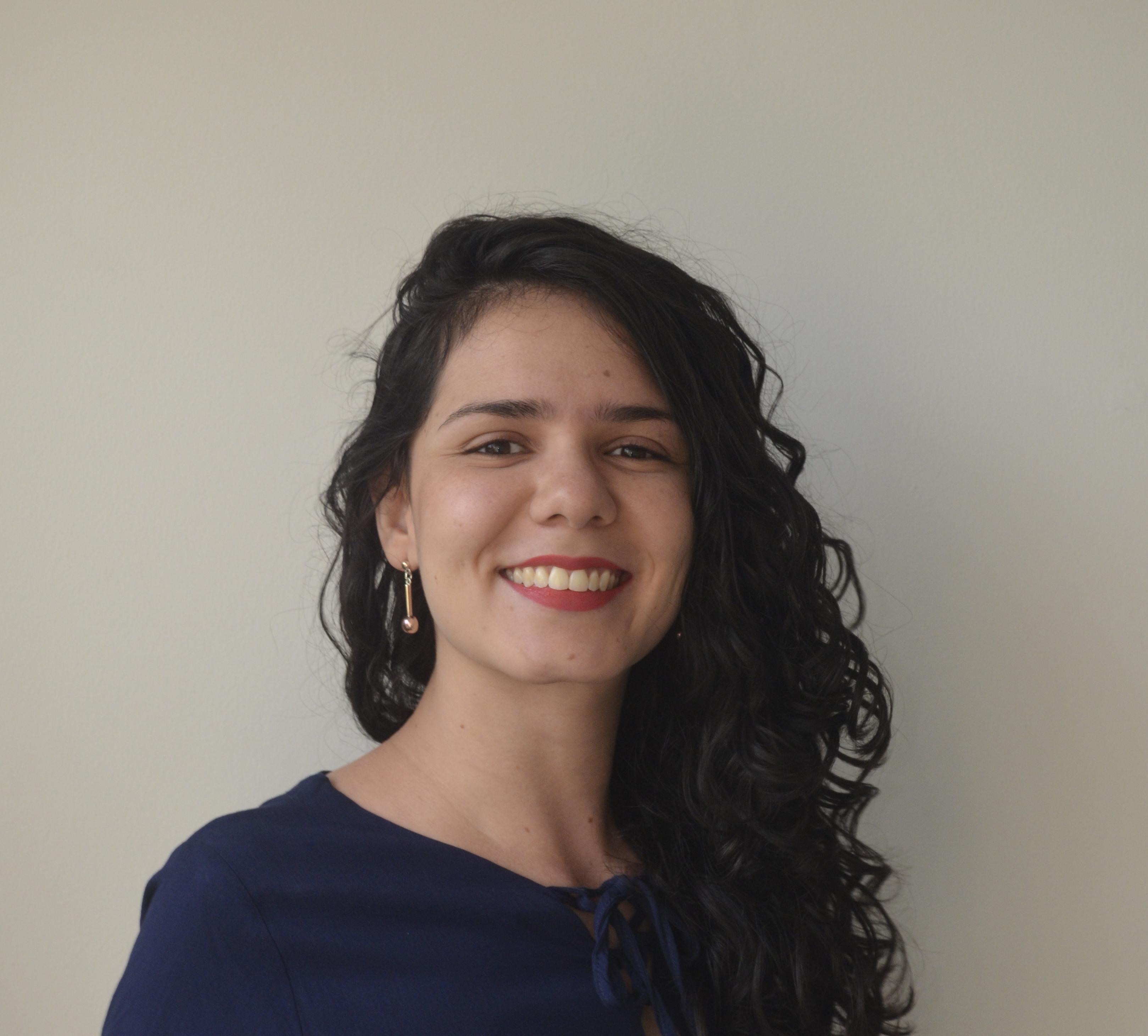
Daniela Londoño is a feminist anthropologist and social policy specialist. Currently working as Community Engagement and Research Coordinator at Latin American Women’s Aid. Passionate about popular education, community organising, and social research, and deeply committed to working for social justice and oppression-free lives for women and girls.
Linkedin | Instagram @daniela_c_londono

Gabriela Quevedo is a Sociologist specialised in strategy development, knowledge management, community engagement and research, she is currently supporting public affairs and policy change work in the Violence Against Women and Girls (VAWG) sector in the UK at Latin American Women’s Aid (LAWA) as their Advocacy, Community and Learning Director. Passionate about social justice, human rights, body liberation and trauma-informed practices for individual and collective wellbeing.
Linkedin | Instagram: @gabiquevedo78

